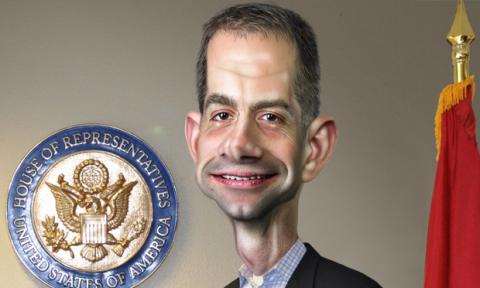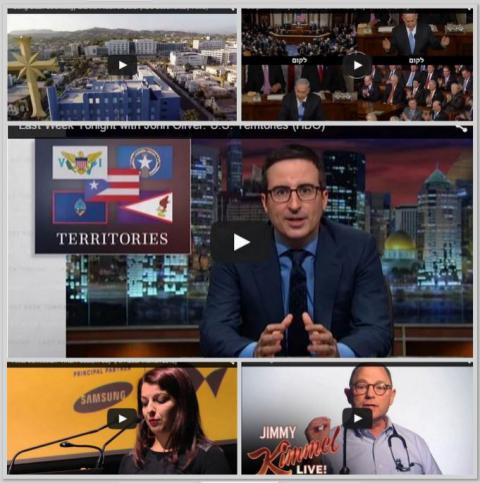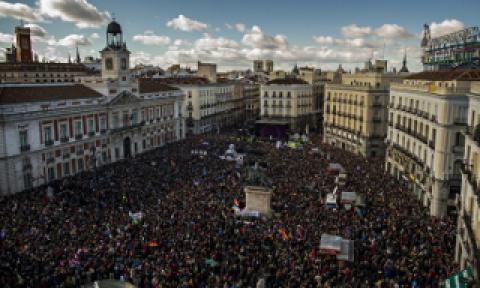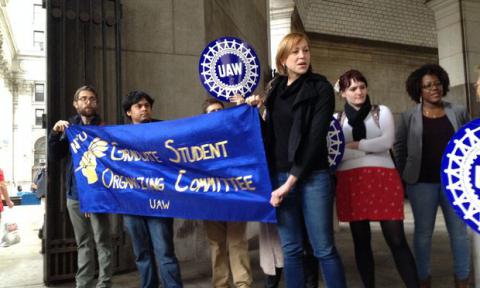Republicans want to stop a nuclear deal with Iran. They may have ensured Obama gets one
The Guardian

Sending a letter to Iranian leadership warning them that conservatives will try to kill any deal Obama negotiates may not have had the effect Tom Cotton and colleagues wanted










Spread the word